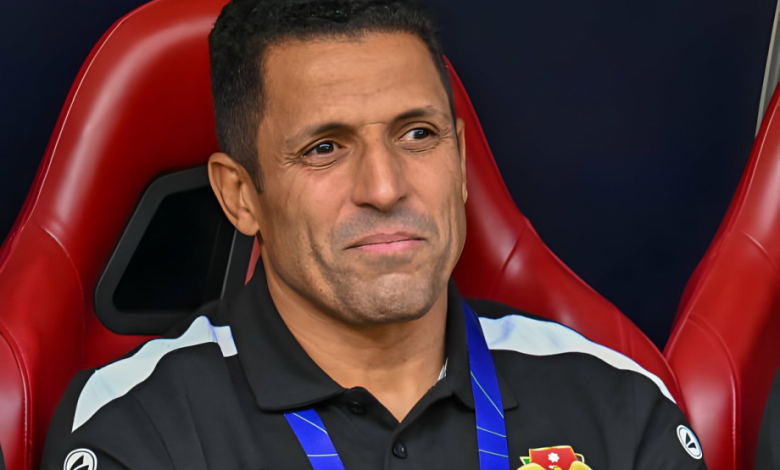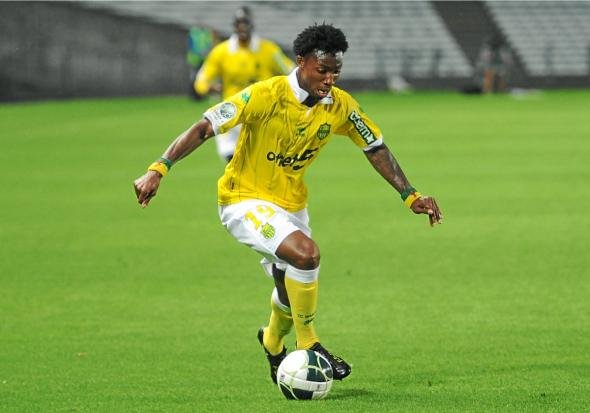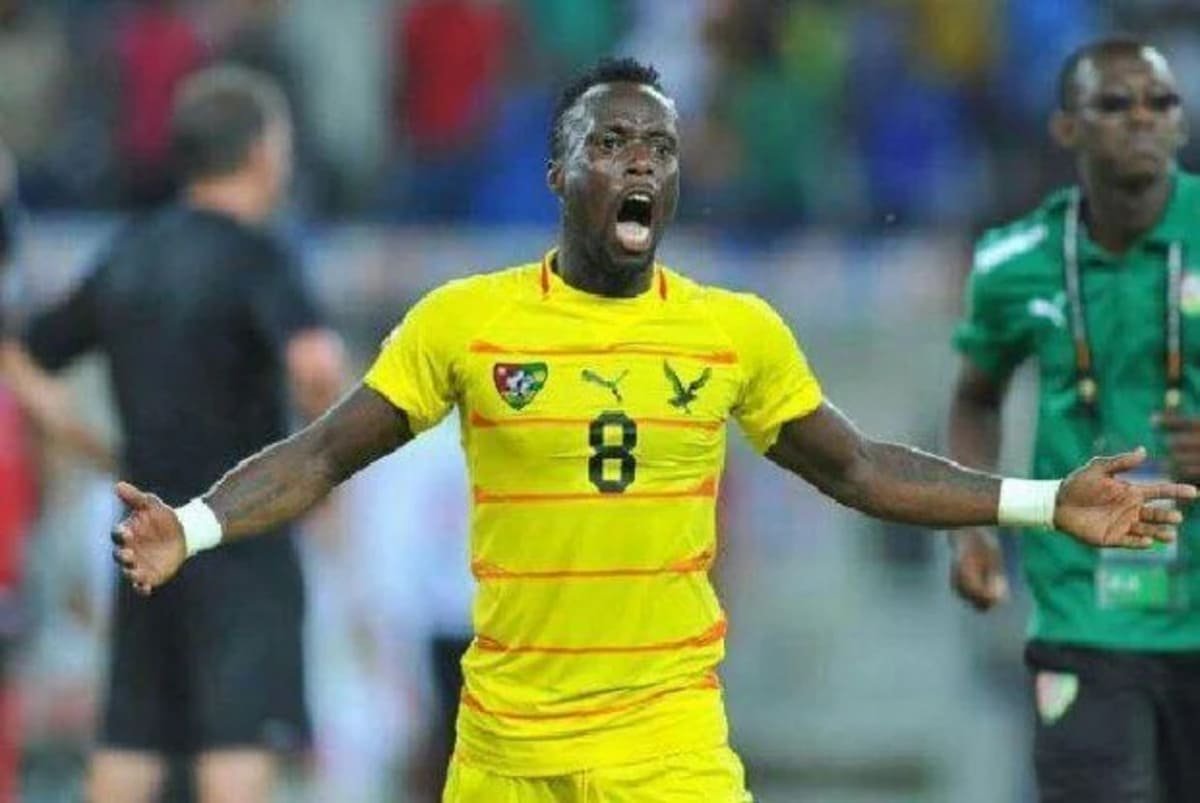Moroccan coach Hussein Amotta has meticulously woven a balanced and bold attacking tapestry, guiding the Jordanian national football team to their maiden appearance in the AFC Asian Cup semi-finals.
This achievement materialized on Tuesday after a compelling clash with the formidable South Korea in Doha.
In their previous four outings, “The Chivalrous” had struggled to breach the five-goal mark, but in the current Qatar edition, they found the net ten times in five matches, marking a historic and polished journey in their continental campaign.
Veteran Jordanian goalkeeper, Amer Shafi, acknowledged the significant shift in the team’s playing style under Amotta, noting, “The standout feature is the team’s balanced performance.
In some matches, we lined up with five defenders, and in others, three.”
Shafi, who has represented Jordan for two decades, lauded the current goalkeeper Yazeed Abu Laila, whose evolving performance matches the standards set by the rest of the team.
Shafi regarded Jordan’s presence among the final four teams as a near “miracle” given the modest stature of the Jordanian league and the financial struggles of local clubs.
The journey commenced with an impressive 4-0 victory over Malaysia, showcasing talents like Montpellier’s French star Musa Al-Taamari and Mahmoud Al-Mardi.
They came seconds away from defeating South Korea before settling for a 2-2 draw.
In the group stage finale, Jordan intentionally avoided victory against Bahrain (0-1) to evade a knockout clash with Japan, a strategy diplomatically denied by Amotta.
However, Amotta’s tactics faced a formidable test in the Round of 16 against Iraq, where the team needed two goals in injury time to overturn a 2-3 deficit and secure a hard-fought 3-2 victory after the expulsion of Iraqi player Ayman Hussein.
In their third quarterfinal appearance in Asia after 2004 and 2011 under coaches Mahmoud El-Gohary and Adnan Hamad, Jordan triumphed over Tajikistan with a single goal, marking their first-ever entry into the semi-finals.
This shining moment, however, was preceded by a disappointing start for Amotta, facing consecutive losses, including a 0-6 defeat against Norway and a 1-6 loss to Japan in pre-tournament preparations.
Asian coach and lecturer Walid Fattafah expressed profound admiration for Amotta’s leadership, stating, “He may not have been convincing in his friendly trials, but it seems he needed more time to develop a robust tactical structure capable of competing in the AFC Asian Cup.”
Fattafah emphasized that Amotta, unlike his predecessors who hesitated in embracing an attacking style, exhibited boldness in his artistic approach, instilling confidence in players through rapid transitions from defense to offense.
Amotta’s success with Jordan (54 years old) adds another feather to his cap, having previously led Morocco to victory in the African Nations Championship (2020), Wydad Casablanca to the CAF Champions League (2017), and FAR Rabat to the CAF Confederation Cup (2010), along with several domestic titles with Qatar’s Al-Sadd.
Taking charge in June last year, Amotta has quickly become known for his strong character, evident in a heated exchange with striker Hamza Al-Dardour during the Iraq match, resulting in the exclusion of the historical top scorer from the squad.
Despite facing criticism before the tournament, Amotta, who will miss defender Salem Al-Ajalin and striker Ali Alwan due to suspension, responded, “Criticism is normal, and the coach is always the weakest link.
But my work is starting to bear fruit, and I am satisfied with what has been achieved so far, and we don’t want to stop here.”











